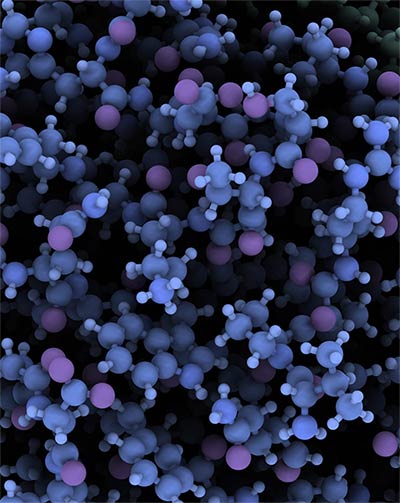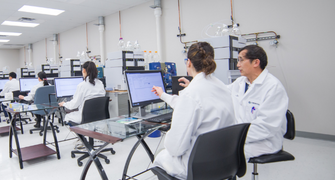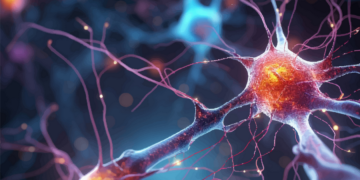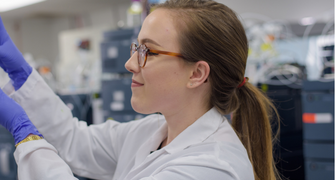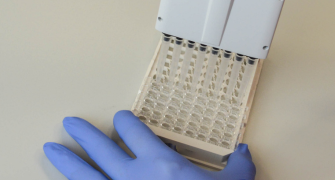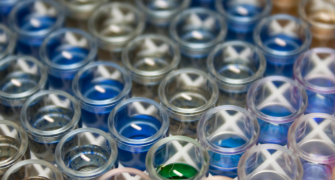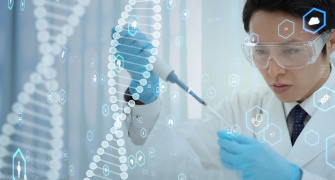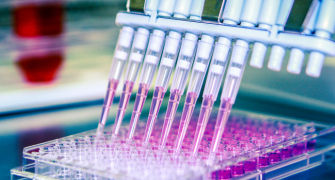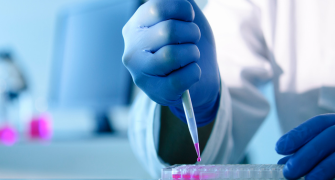journal
Development And Validation Of LC-MS/MS Methods For The…
Guadecitabine (SGI-110), a dinucleotide of β‑decitabine and deoxyguanosine, is currently being evaluated in phase II/III clinical trials for the treatment of hematological malignancies and solid tumors. This article describes the development and validation of bioanalytical assays to quantify guadecitabine and its active metabolite β‑decitabine in human plasma, whole blood and urine using high-performance liquid chromatography-tandem mass spectrometry (HPLC-MS/MS). Since β‑decitabine is rapidly metabolized further by cytidine deaminase, plasma and whole blood samples were kept on ice-water after collection and stabilized with tetrahydrouridine (THU) directly upon sample collection. Sample preparation consisted of protein precipitation for plasma and whole blood and dilution for urine samples and was further optimized for each matrix and analyte separately. Final extracts were injected onto a C6-phenyl column for guadecitabine analysis, or a Nova-Pak Silica column for β‑decitabine analysis. Gradient elution was applied for both analytes using the same eluents for each assay and detection was performed on triple quadrupole mass spectrometers operating in the positive ion mode (Sciex QTRAP 5500 and QTRAP 6500). The assay for guadecitabine was linear over a range of 1.0–200 ng/mL (plasma, whole blood) and 10–2000 ng/mL (urine). For β‑decitabine the assay was linear over a range of 0.5–100 ng/mL (plasma, whole blood) and 5–1000 ng/mL (urine). The presented methods were successfully validated according to the latest FDA and EMA guidelines for bioanalytical method validation and applied in a guadecitabine clinical mass balance trial in patients with advanced cancer.
